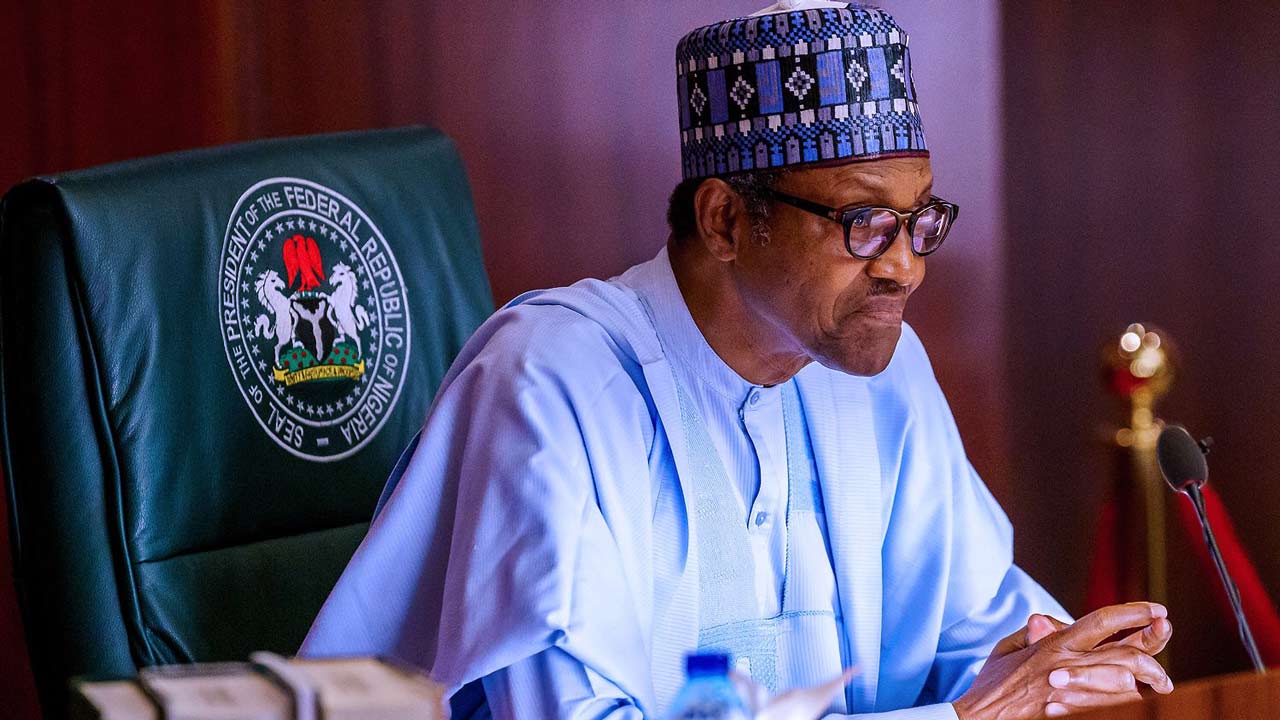The recently concluded 2024 Paris Olympics has left Nigerians with a deep sense of disappointment as Team Nigeria returned home without a single medal—an embarrassing outcome for a nation once known for its athletic achievements. This result is not just a failure of the athletes but a damning indictment of the Nigerian Olympic Committee (NOC), Athletics federation of Nigeria (AFN) and the broader sports administration.
Following their success at the Tokyo 2020 Games, where they won a silver and a bronze medal, hopes were high for Team Nigeria to match or surpass their Atlanta 1996 Olympics performance, which saw them secure two gold, one silver, and three bronze medals. This year, however, the team competed in 12 sports with 88 athletes, yet failed to meet the nation’s expectations.
The Paris Olympics marked a new low for Nigerian sports, with Team Nigeria’s performance being nothing short of an embarrassing failure. This poor outcome can be attributed to several factors, including inadequate preparation, injuries to key athletes, weak development programs, insufficient funding, and a lack of coordination among sports administrators.
The Olympic outings for the country was marred by controversies, confusion, and oversight. Issues began when some athletes were seen wearing kits that differed significantly from the official attire, leading to a public feud between the Ministry and the Nigerian Olympic Committee (NOC). The Ministry accused the NOC of undermining efforts to present a united front by procuring alternative kits, sparking accusations of sabotage.
The combination of these factors shows the systemic issues within Nigeria’s sports administration, which have culminated in this disappointing Olympic performance.
Nigeria’s dismal performance in Paris is a culmination of years of administrative negligence, mismanagement, and a lack of strategic investment in sports. Despite the N9 billion allocated by the government for the Olympics, the funds did not translate into success, due to the incompetence and inefficiency within the NOC, AFN and sports federations. Basic errors, such as the registration mishap that excluded sprinter Favour Ofili from her preferred 100m event, demonstrate a level of administrative dysfunction that borders on sabotage.
Historically, Nigeria has had a mixed record at the Olympics. The country’s best performance came in Atlanta 1996, where it won two golds, one silver, and three bronzes. Since then, the decline has been steep, with occasional flashes of brilliance that were quickly overshadowed by systemic failures.
This 2024 Olympic outing marks a significant decline for sports in the country, with not even a bronze medal to show for the country’s efforts.
Athlete preparation was riddled with problems, from inadequate training facilities to delayed funds and poor welfare, all of which contributed to the lackluster performance. For instance, Nigerian cyclist Ese Ukpeseraye had to borrow a bicycle from the German team to compete. Ukpeseraye, the first Nigerian cyclist to represent the country at the Olympics, wrote on her X account. She mentioned that due to the short notice, she was unable to secure a bicycle and was nearly at risk of not participating. Fortunately, the German track team intervened by providing her with a bike.
Ofili’s exclusion from the women’s 100m race, the kit controversy, and Ukpeseraye borrowing a bicycle from the German team shows the incompetence and disorganization among Nigeria’s sports managers, a persistent issue that has hindered the country’s international performance for years.
While other African nations like Kenya, South Africa, and Ethiopia have shown that success is possible even with limited resources, Nigeria continues to languish due to poor leadership and a lack of accountability. A call for a probe into the Paris 2024 disaster, though necessary, rings hollow without a commitment to meaningful reforms.
Many of the athletes on the continent prefer to switch to other countries because there are better training facilities abroad and better rewards for talent.
The least that we can ask for is that Nigeria should begin to prepare for the 2028 Olympics in Los Angeles and not wait till the very last minute.
We can also probably expect that the Nigerian athletes going for the Paralympics also in Paris, from August 28 – September 8, will do better.
Sports Minister, Senator John Enoh, labeled Nigeria’s performance at the Paris Games as disastrous and pledged to prevent such outcomes in the future, with reforms aimed at improving the leadership and effectiveness of Nigeria’s sports federations, setting the stage for better performances at global events.
“As we go back home, we must do everything to prevent a recurrence of the Paris disaster, and if this entails reviewing how people are elected to lead our sporting federations, it will be done,” Enoh said.
Also, preparation for major championships and games should be taken more Seriously. A more enabling environments that give youth massive opportunities to discover their talents should be provided. Authorities must make sure to groom athletes from a tender age for a particular sport.
If Nigeria is to avoid further embarrassment on the world stage, it must start by holding those responsible for this failure accountable and implementing long-overdue reforms in sports governance.
The NOC and sports federations must be led by individuals with a genuine passion for sports and the competence to drive success. Anything less would be a disservice to the athletes who train hard, only to be let down by the very people meant to support them.





















